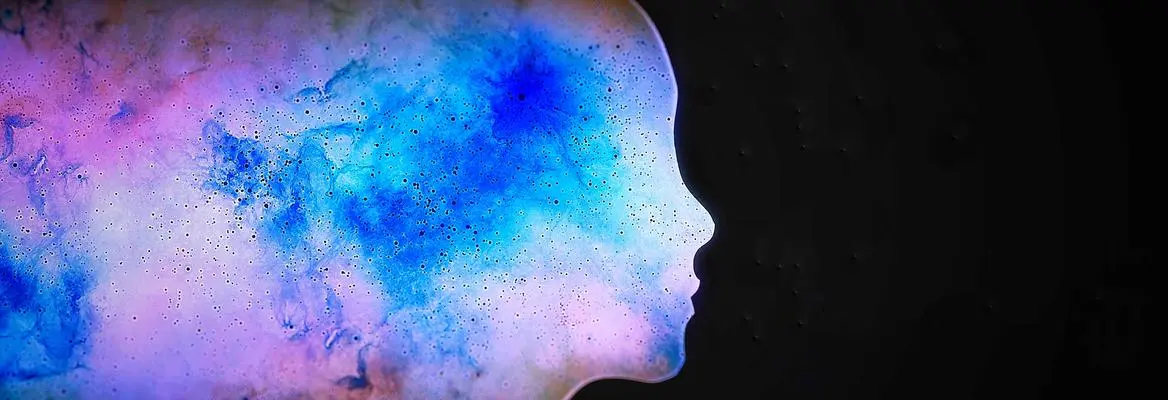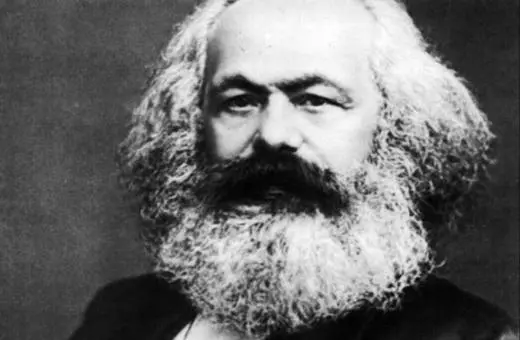‘Refugees’ have become a political football, a moral calling and a constant source of sensationalist news stories. But the identity of these people – university professors, electricians, mothers, sports enthusiasts – is often deliberately avoided. Hearing refugees speak for themselves transforms how we think of people who have fled their homelands. Journalists must set pre-formed narratives aside and tell these real stories, writes Glenda Cooper.
Abdulwahab Tahhan did an English literature degree, is a stand-up comedian in his spare time, has written for the Guardian and last year made an award-winning podcast. Like many British people, he loves to drink tea and complain about the weather – and loathes the idea of camping.
He is also a refugee from Syria. But that fact alone should not define him.
I first met Abdul in 2019 when he took part in a podcast we were doing at City University of London as part of an event about refugees which aimed to give those who’d sought refuge in this country the chance to speak themselves, rather than being simply reported on.
It seemed a pressing issue to cover. In the past decade, the debate around refugees, asylum seekers, immigrants and migrants has become increasingly charged. Donald Trump credited his tough stance on refugees with helping him to win the US presidency; asylum seekers were also one of the most salient issues during the Brexit referendum, with migrants being portrayed as both economic and security threats.
Lack of voice maintains a difference between ‘us’ and ‘them’ and leaves them as two-dimensional figures or groups.
Key to this is the role the news media plays, and the identities (or lack of them) that they bestow on refugees. Many academic papers have detailed how refugees are portrayed in the media – as dangerous criminals, security risks or taking up limited health, education or social care resources if they are here in the UK. If abroad, they are often portrayed as helpless victims of disaster or war. Rarely are they given their own identity – that they might also be also a university lecturer, a doctor or accountant, that they have families and a long history.
Part of the problem is the lack of voice. During a research project with colleagues at City, we looked at how often refugees’ voices are directly heard in UK online and print coverage a couple of years after the 2015 refugee crisis. Similar to previous studies which had looked at the crisis itself, we found that public sector workers and politicians were far more likely to be quoted than refugees themselves. In total, public officials were quoted in 79.7% of articles, while refugees, asylum seekers, immigrants and migrants were used as a source in 21.6% of articles.
Why does this matter? Lack of voice means that it is far easier for us to ‘other’ refugees; to see them as causing problems rather than bringing opportunities. It maintains a difference between ‘us’ and ‘them’ and leaves them as two-dimensional figures or groups, known only by a label and a set of pre-formed, narrow narratives.



















Join the conversation